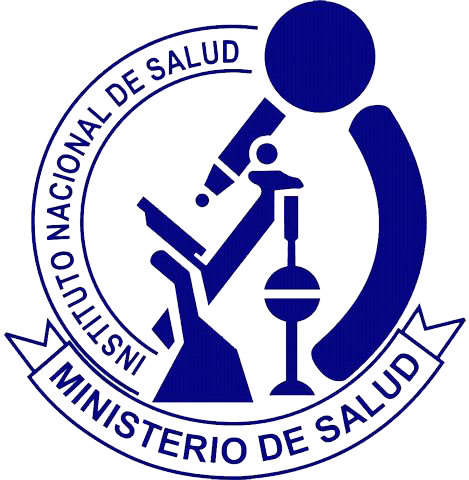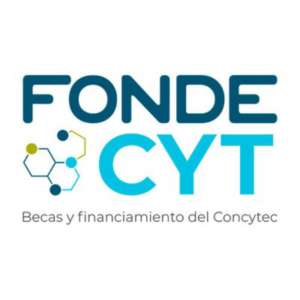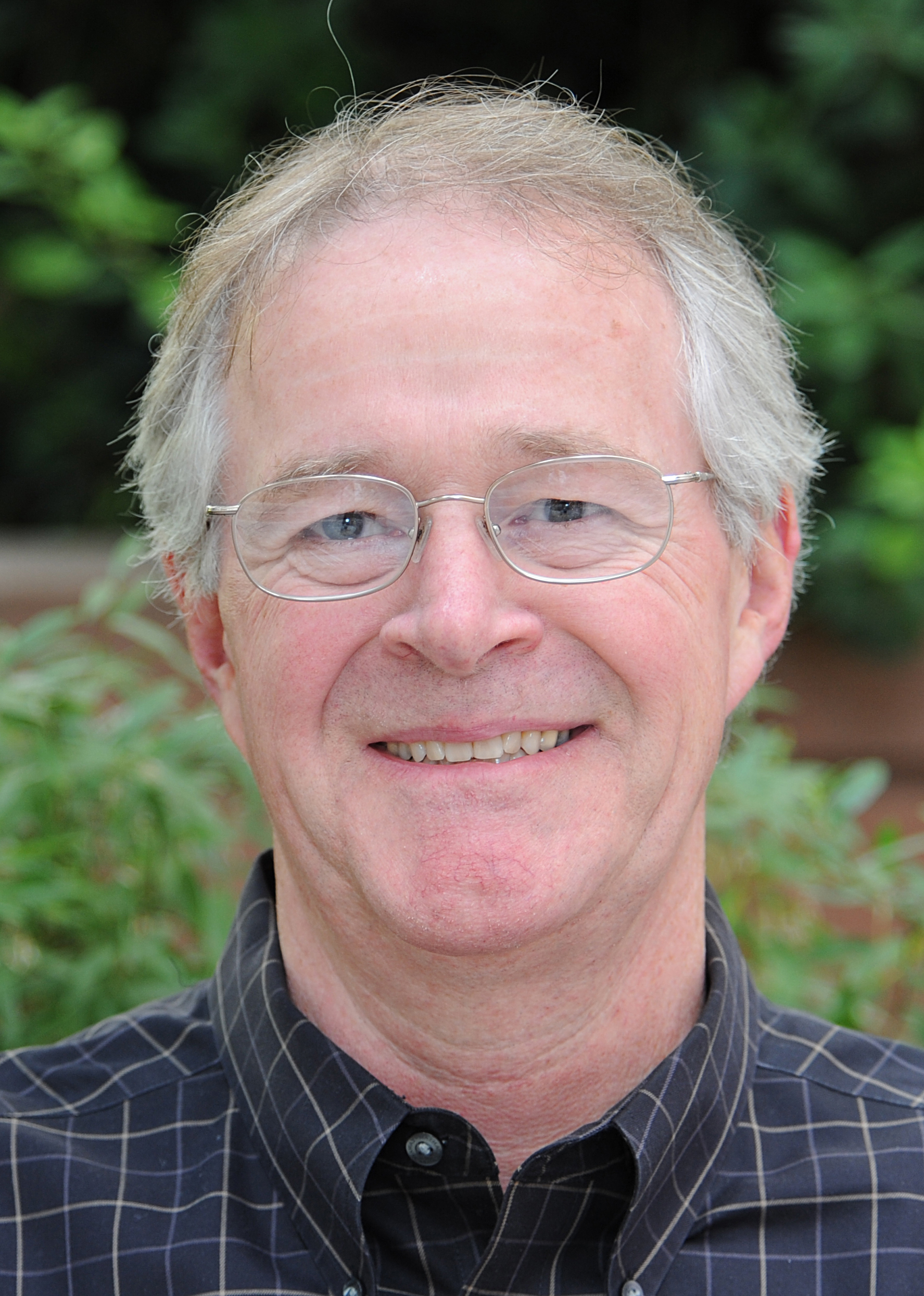Download Abstract Book here
[ujicountdown id=”countdown meeting” expire=”2020/04/19 00:00″ hide=”true” url=”” subscr=”” recurring=”” rectype=”second” repeats=””]
PUCP - Pontificia Universidad Católica del Perú
Lima, Perú Showcase







Thomas W. Scott, Ph.D., is a Distinguished Professor of mosquito transmitted disease ecology and epidemiology at the University of California, Davis. He received his Ph.D. in ecology from the Pennsylvania State University and was a post-doctoral fellow in epidemiology at the Yale School of Medicine. After initially examining the relationship of mosquito ecology to pathogen transmission in Southeast Asia, Latin America, and Africa in the early 1990s, in an effort to strengthen the public health connection of his work, he began longitudinal dengue epidemiological studies in Thailand and Peru. He currently focuses on assessment of recommendations for mosquito-borne disease prevention, testing assumptions in public health policy, and developing innovative, cost, and operationally effective concepts for disease prevention.